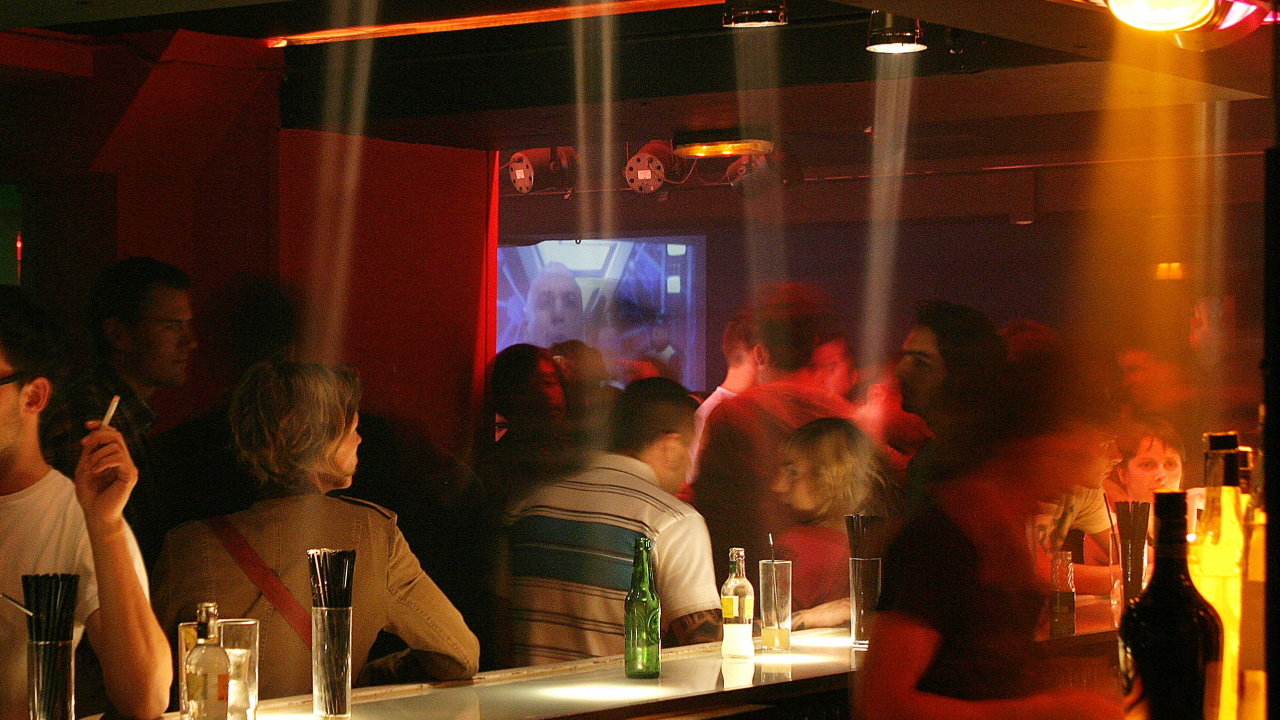Are Safety Schemes Effective in the Hospitality Industry?
To address the concerns of public safety in hospitality venues, various safety schemes have been implemented within the hospitality sector. One widely recognised initiative is the "Ask for Angela" scheme, aimed at providing a safety net for individuals who may feel unsafe or threatened in public venues such as bars and nightclubs. Although the scheme has garnered national and even international recognition, recent investigations have raised questions about its effectiveness and consistency.
What is "Ask for Angela"?
The "Ask for Angela" initiative was launched in 2016 by Inspector Hayley Crawford, who was working as the Sexual Violence Prevention Lead for Lincolnshire County Council. Named after Angela Crompton, a woman tragically murdered by her husband, the initiative aims to support individuals who feel vulnerable in public spaces.
The concept is simple but powerful: individuals who feel uncomfortable or at risk can approach staff and ask for "Angela" as a code word, signalling the need for assistance. Venues display posters promoting "Ask for Angela," often placed in areas like bathrooms to ensure privacy. Trained staff members are then expected to discreetly intervene, offering options like escorting the person to safety, calling a taxi, or even contacting law enforcement if necessary.
The scheme collaborates with the Safer Sounds Partnership and local licensing teams, offering WAVE (Welfare and Vulnerability Engagement) training to help staff understand how to identify and respond to vulnerable individuals.
The scheme has made strides in improving customer perceptions of safety. A recent YouGov survey found that 49% of respondents, and 63% of women, would be more likely to visit venues implementing safety measures like "Ask for Angela."
Is "Ask for Angela" Working?
Despite the scheme’s extensive backing, recent reports reveal significant lapses in its implementation.
A BBC undercover investigation found that more than half of the London venues tested did not respond appropriately when guests used the "Angela" code word (read the full report here). A number of nationwide hospitality venues were identified among those whose staff failed to recognise the code or respond accordingly, even though these venues advertised their participation in the 'Ask for Angela' scheme.
This failure to follow through effectively leaves customers with a false sense of security, which as women's safety campaigners have argued, can be dangerous.
Improving "Ask for Angela" for Real-World Effectiveness
The hospitality industry is known for its high staff turnover and predominantly young, flexible workforce, many of whom balance work with school or university. This trend becomes even more pronounced during the holiday season when businesses hire temporary staff to handle the surge in customers.
This increased staff turnover can lead to gaps in staff training or missed updates to essential protocols.
For "Ask for Angela" to be effective, it must overcome these practical challenges. One suggestion, from the scheme, is for councils and licensing boards to establish mandatory training and regular audits for venues advertising the scheme.
Should you wish for Serve Legal to support you in the implementation of this, or any other scheme, consider getting in touch with our team.
Recent Insights from Safeguarding Minister, Jess Phillips
Update 18th December 2024
Government minister Jess Phillips has revealed that she conducted covert checks on the "Ask for Angela" safety scheme at venues across the UK until her role made her too recognisable for undercover visits.
"I have tested the Ask for Angela system a number of times, not just in London, but around the country," Phillips disclosed. "And I have to say, I have always found the response wanting." She explained that safety schemes such as "Ask for Angela" lose their value without proper staff training and consistent implementation.
Phillips also praised the BBC's investigation for bringing attention to widespread lapses, including staff unawareness in more than half of the 25 London venues tested. "These schemes are meaningless if you don't implement things properly on the ground," she emphasised, calling out a tendency toward superficial support or "pink-washing," where venues market themselves as safe but fail to take meaningful action.
Following these revelations, police forces in Cambridgeshire, West Midlands, and Hertfordshire conducted spot checks to evaluate compliance with the initiative, and a number of pub chains have pledged to review and improve their training.
As Phillips concluded, genuine safety requires ongoing commitment rather than the passive display of posters. This reinforces the urgent need for mandatory staff training and rigorous auditing to ensure schemes like "Ask for Angela" are effective in protecting the public.





-3.png)


